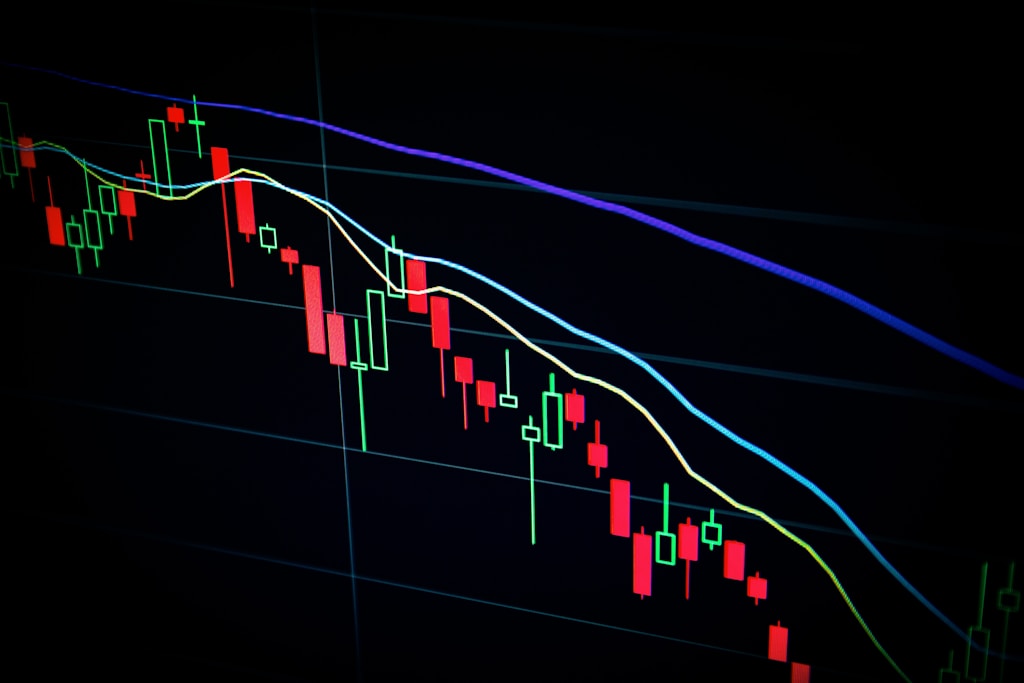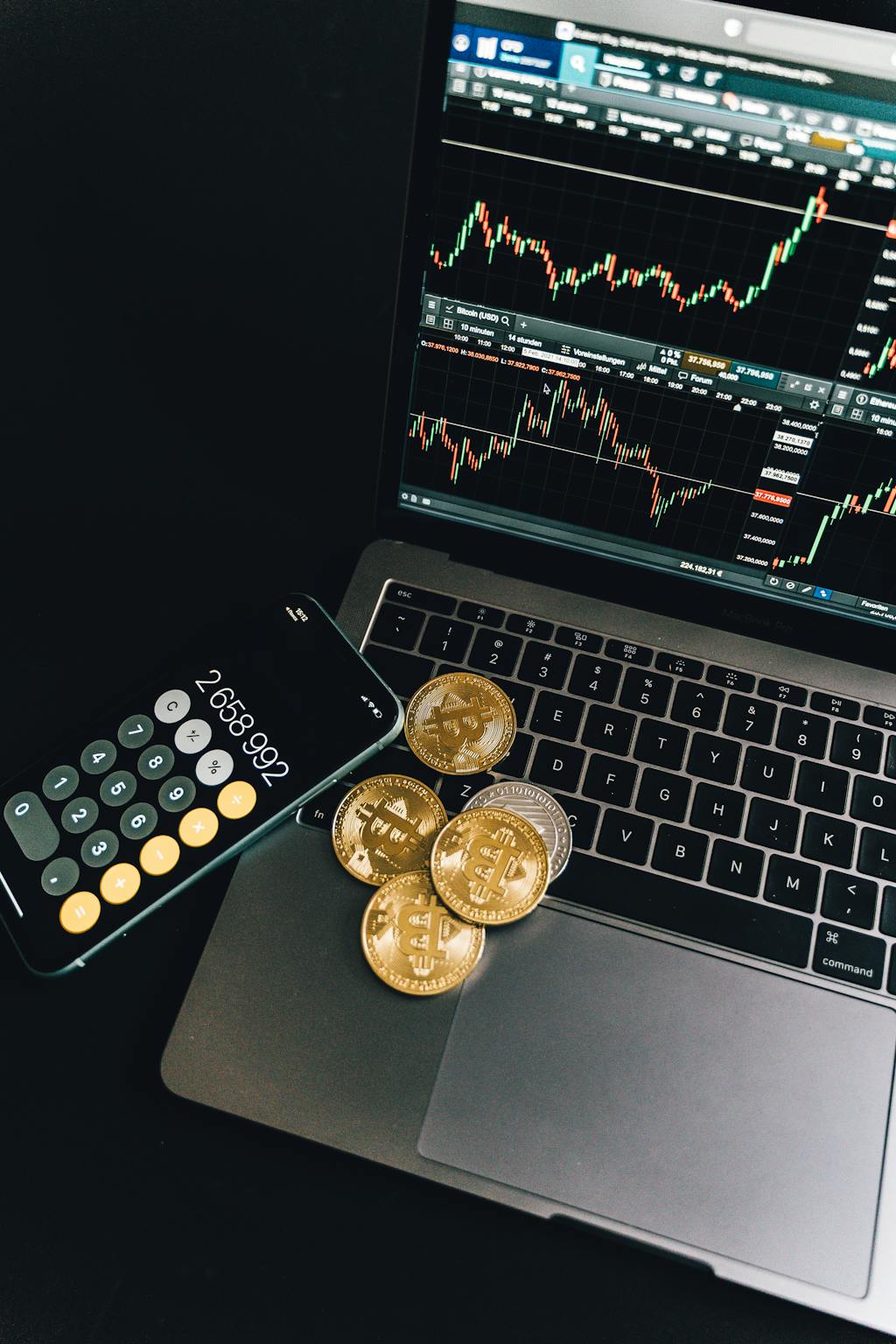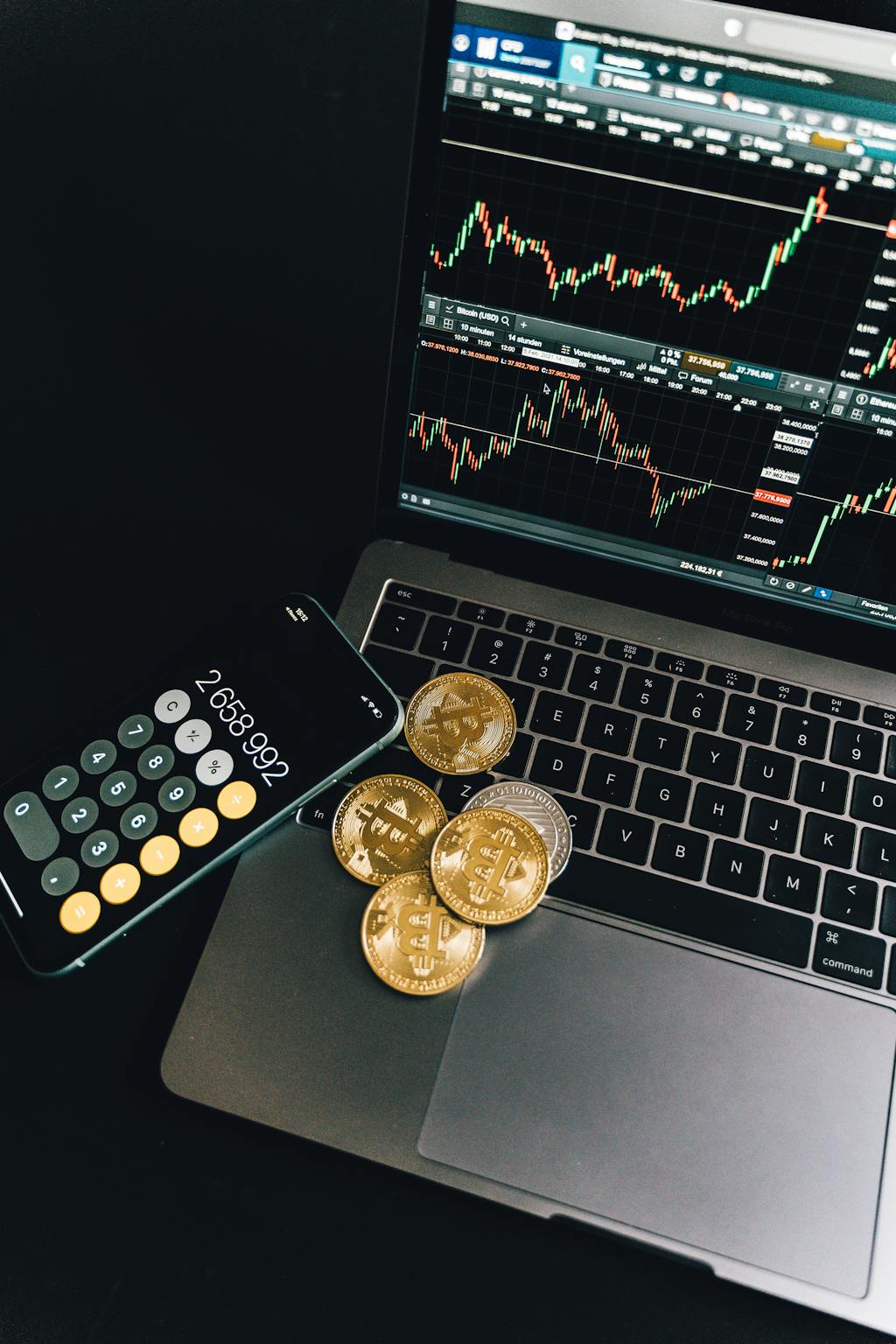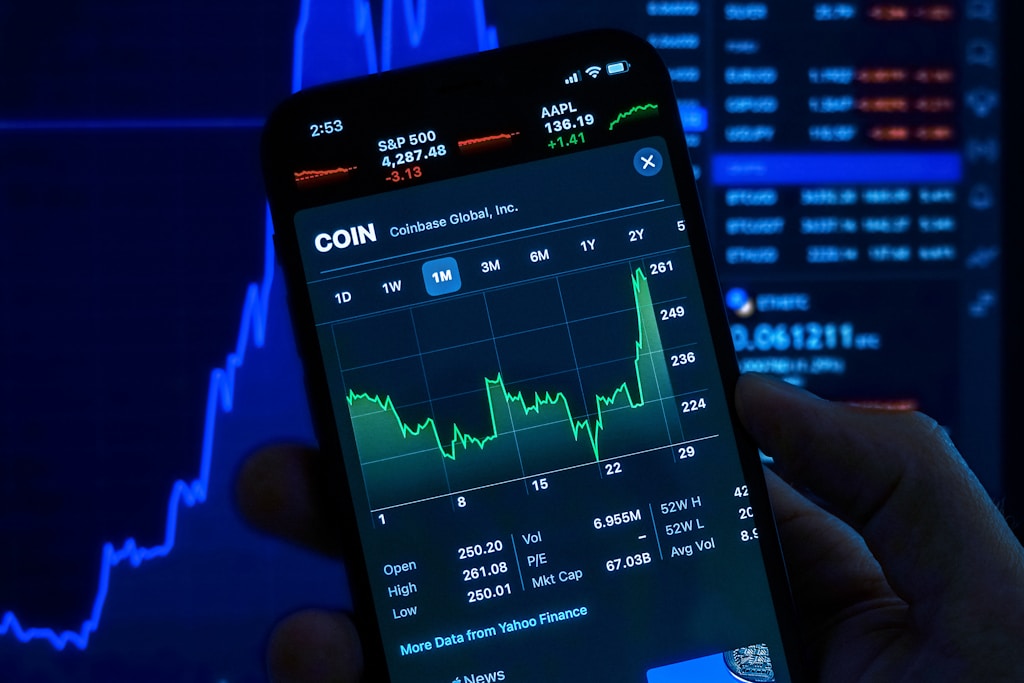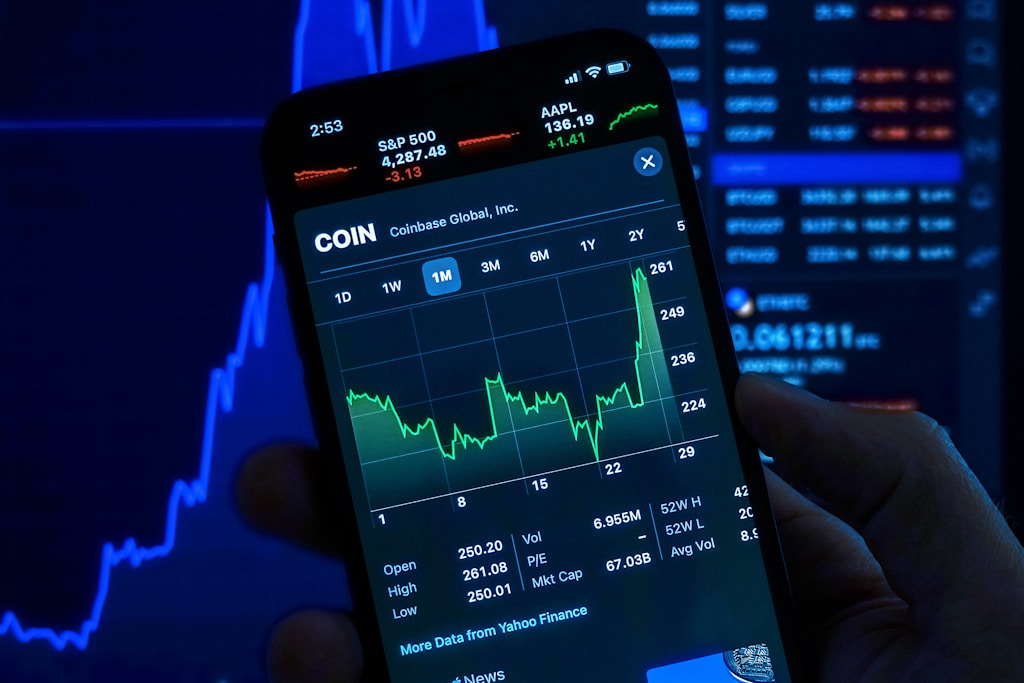Key Takeaways:
- ECB cuts interest rates by 25 basis points to 2.0%
- Federal Reserve maintains current rates despite market pressure
- Diverging monetary policies impact global crypto markets
The European Central Bank (ECB) has made a decisive move in its monetary policy, cutting interest rates by 25 basis points to 2.0% on Thursday, June 5, 2025. This action marks a significant divergence from the U.S. Federal Reserve’s stance, as concerns about the US dollar’s reserve status continue to mount.
The rate cut decision comes at a crucial time for global financial markets, with cryptocurrency traders closely monitoring the implications for digital asset valuations. Market data from Polymarket, Kalshi, and CME Futures indicates strong betting against any immediate Fed rate adjustments.
The diverging monetary policies between the ECB and Fed have significant implications for the crypto market. As Bitcoin positions itself as a potential global reserve currency, these central bank decisions could accelerate the adoption of digital assets as hedge against traditional financial system uncertainties.
Market Impact Analysis
The immediate impact of the ECB’s rate cut has been felt across both traditional and crypto markets. Traders are particularly focused on:
- EUR/USD exchange rate fluctuations
- Bitcoin’s role as an inflation hedge
- Stablecoin market dynamics
- Cross-border transaction volumes
Expert Insights
Leading economists and crypto analysts suggest this policy divergence could create new opportunities in the digital asset space, particularly for cross-border payment solutions and algorithmic stablecoins.
FAQ Section
Q: How does the ECB rate cut affect crypto markets?
A: The rate cut can influence crypto markets through increased liquidity and potential capital flows into digital assets as investors seek alternative investments.
Q: Will the Federal Reserve follow the ECB’s lead?
A: Current market indicators and Federal Reserve communications suggest the Fed will maintain its current policy stance in the near term.
